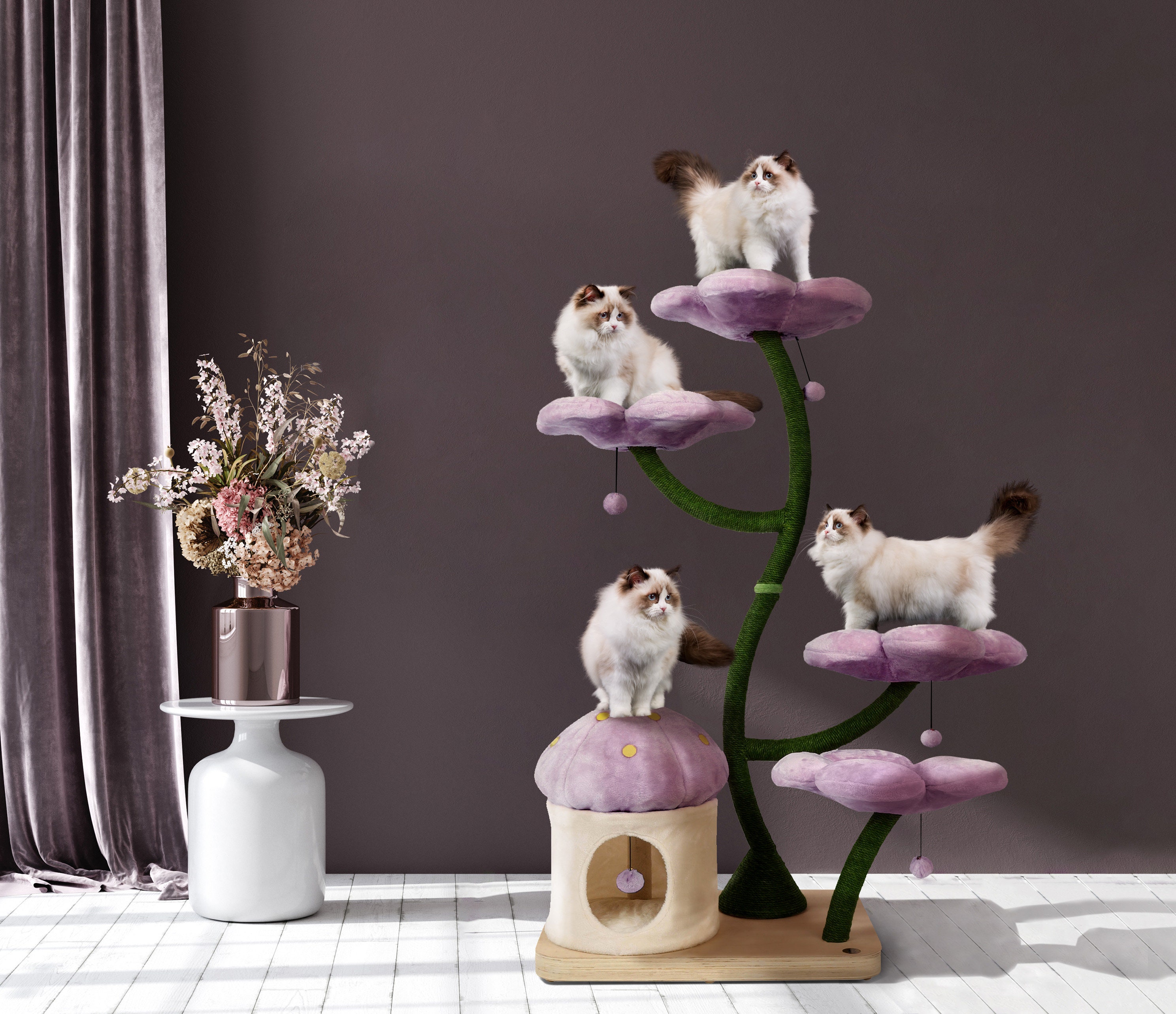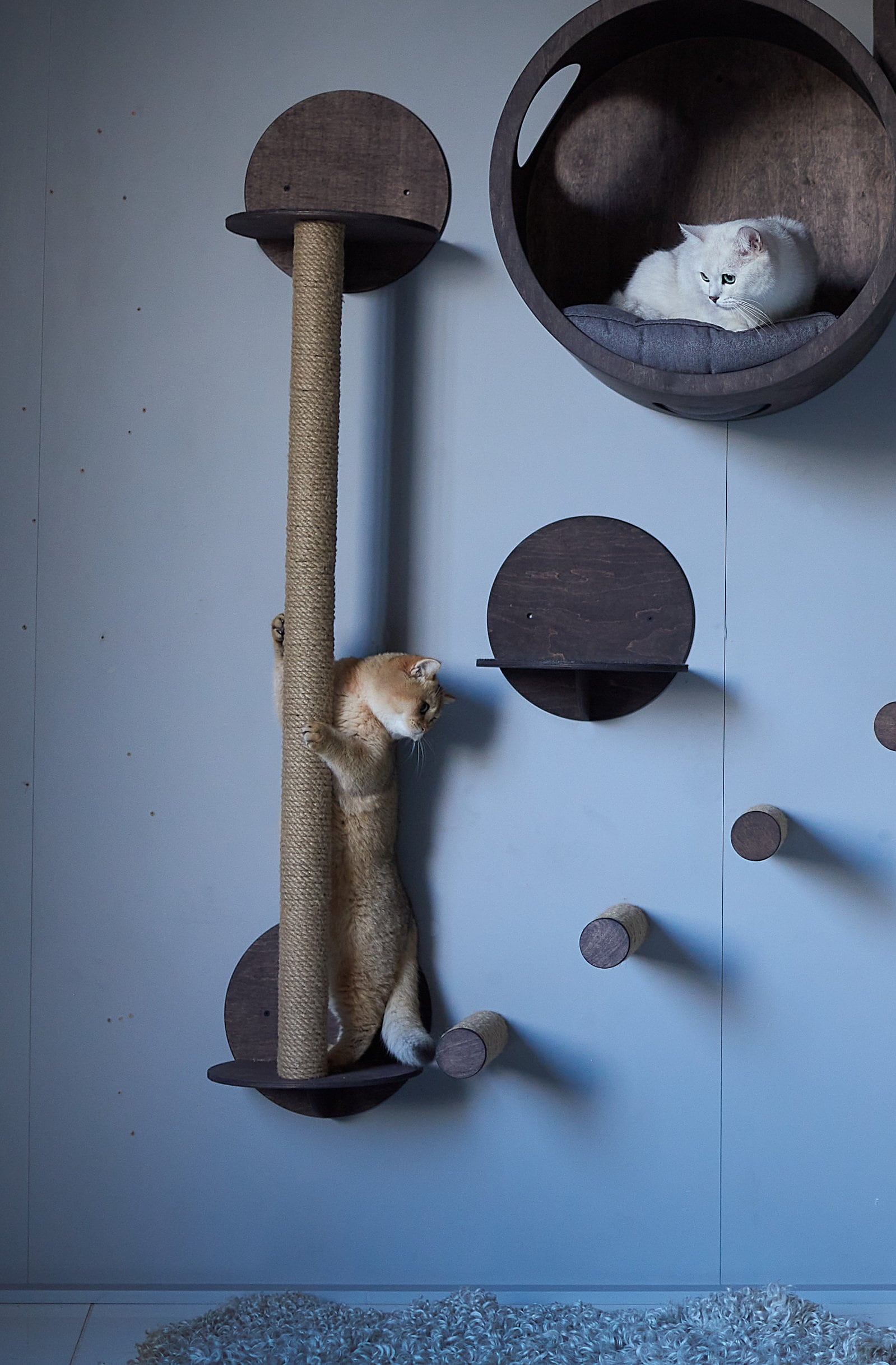Many veterans returning from service experience various challenges as they reintegrate into civilian life. Cats have been found to be incredibly beneficial as therapy companions for veterans, offering comfort, support, and emotional healing.
These furry feline friends provide a sense of routine, responsibility, and companionship for veterans who may be struggling with PTSD, depression, or anxiety. The calming presence of a cat can help reduce stress levels and promote feelings of security and well-being.
Cats also offer a unique form of companionship that is unconditional and non-judgmental. Veterans can form deep bonds with their therapy cats, creating a sense of connection and trust that can be difficult to find elsewhere.
Whether curled up in their lap or following them around the house, cats have a way of providing comfort and companionship that is truly special. For veterans in need of emotional support and healing, a therapy cat can be a wonderful ally in their journey towards wellness.
Importance of Feline Support for War Heroes
Many veterans returning from active duty face challenges as they navigate life after service. One often overlooked aspect of post-war life is the emotional and mental support that veterans need to transition back to civilian life. This is where feline support can play a crucial role in aiding war heroes in their recovery process. Cats have a calming presence and can provide companionship and comfort to veterans struggling with PTSD, anxiety, and depression.
Studies have shown that interacting with animals, such as cats, can help reduce stress levels and improve overall mental well-being. Cats are known for their intuitive nature and ability to sense when their human companions are feeling distressed. This makes them ideal for providing emotional support to veterans who may have difficulty expressing their emotions or connecting with others.
Furthermore, the bond between a veteran and their service cat can be incredibly beneficial for both parties. The cat provides a sense of purpose and responsibility for the veteran, while the veteran provides love and care for the cat. This mutual relationship can help veterans feel a sense of connection and belonging, which are essential for their emotional healing and overall well-being.
Benefits of Veterans having Cat Service Animals
Another benefit of cats as service animals for veterans is their ability to help with emotional disabilities. Their small size and natural gifts for wanting to be close can make them ideal helpers for veterans who need a soft, warm, accepting companion.
In addition to emotional and physical support, cats can also provide a sense of purpose and routine for veterans. Taking care of a cat requires daily feeding, grooming, and playtime, which can help veterans establish a routine and give them a sense of responsibility. This can be especially beneficial for veterans transitioning back to civilian life or dealing with the challenges of retirement. Overall, cats can make wonderful service animals for veterans, offering a unique blend of companionship, support, and purpose.
How Cats Provide Comfort and Healing for Veterans
For many veterans, transitioning back to civilian life can be a challenging and isolating experience. However, cats have been increasingly recognized for their ability to provide comfort and healing to those who have served in the military. These loyal animals have unique qualities that make them ideal companions for veterans in service animal roles.
One of the main ways in which cats help veterans is through their calming presence. Cats have a soothing demeanor that can help reduce feelings of anxiety and stress, which are common among veterans struggling with PTSD or other mental health issues. Simply petting a cat or watching them play can have a therapeutic effect, helping to ease emotional distress and promote a sense of well-being.
In addition to their calming presence, cats also offer unconditional love and companionship to veterans. Many veterans face feelings of loneliness and alienation upon returning to civilian life, but having a cat as a loyal companion can provide a source of comfort and solace. Cats are known for their ability to forge strong bonds with their owners, offering a non-judgmental ear and a constant source of affection.
Overall, the special bond between cats and veterans in service animal roles can have a profound impact on the mental and emotional well-being of those who have served in the military. From providing comfort and companionship to helping reduce feelings of anxiety and stress, cats play a valuable role in supporting veterans as they navigate the challenges of transitioning back to civilian life. With their unique qualities and innate ability to heal, cats truly are unsung heroes for our nation's veterans.



